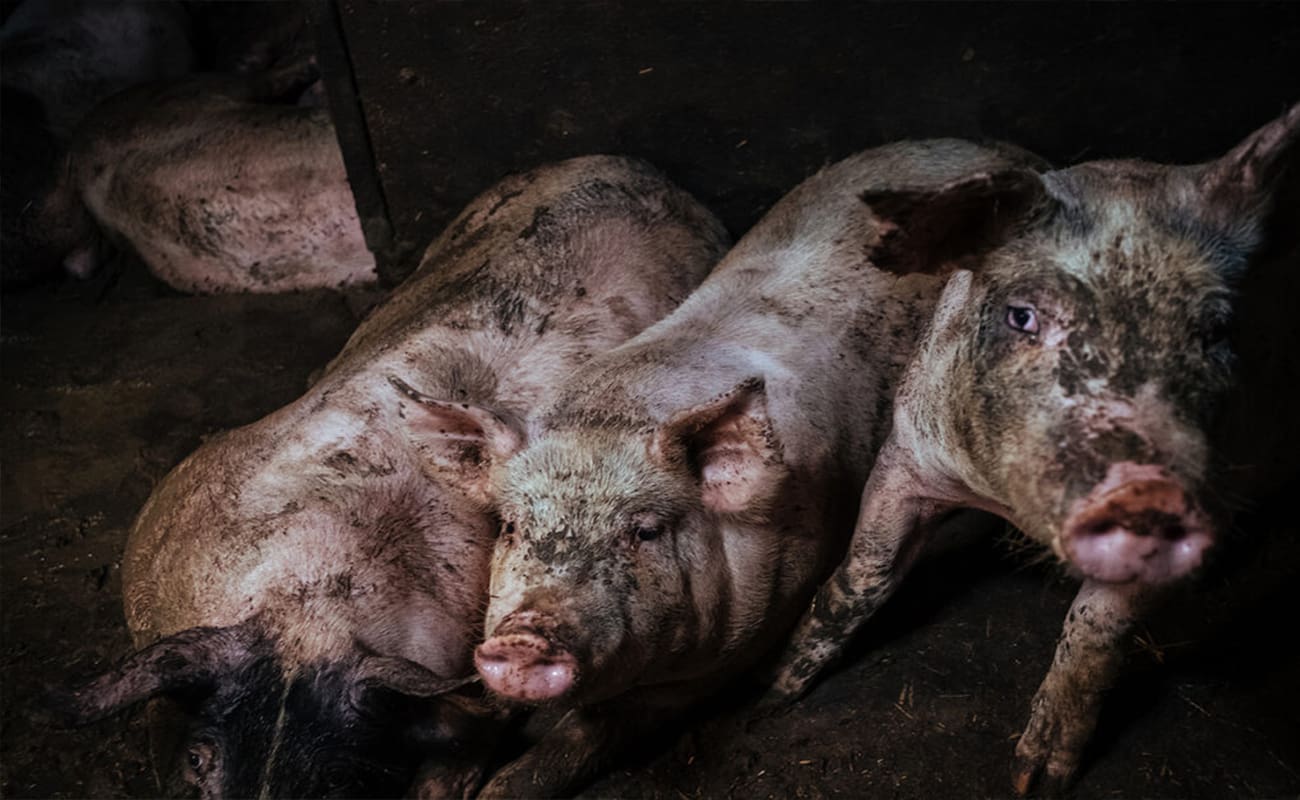This category explores the complex relationship between animal agriculture and global food security. While factory farming is often justified as a way to “feed the world,” the reality is far more nuanced—and troubling. The current system consumes vast amounts of land, water, and crops to raise animals, while millions of people around the globe continue to suffer from hunger and malnutrition. Understanding how our food systems are structured reveals how inefficient and inequitable they have become.
Livestock farming diverts vital resources—such as grain and soy—that could directly nourish people, instead using them as feed for animals raised for meat, dairy, and eggs. This inefficient cycle contributes to food scarcity, especially in regions already vulnerable to climate change, conflict, and poverty. Furthermore, intensive animal agriculture accelerates environmental degradation, which in turn undermines long-term agricultural productivity and resilience.
Rethinking our food systems through the lens of plant-based agriculture, equitable distribution, and sustainable practices is key to ensuring a food-secure future for all. By prioritizing accessibility, ecological balance, and ethical responsibility, this section highlights the urgent need to transition away from exploitative models toward systems that nourish both people and the planet. Food security is not merely about quantity—it is about fairness, sustainability, and the right to access nutritious food without harming others.
The consumption of meat is often seen as a personal choice, but its implications reach far beyond the dinner plate. From its production in factory farms to its impact on marginalized communities, the meat industry is intricately linked to a series of social justice issues that deserve serious attention. By exploring the various dimensions of meat production, we uncover the complex web of inequality, exploitation, and environmental degradation that is exacerbated by the global demand for animal products. In this article, we delve into why meat is not just a dietary choice but a significant social justice concern. This year alone, an estimated 760 million tonnes (over 800 million tons) of corn and soy will be used as animal feed. The majority of these crops, however, will not nourish humans in any meaningful way. Instead, they will go to livestock, where they will be converted into waste, rather than sustenance. …


























































